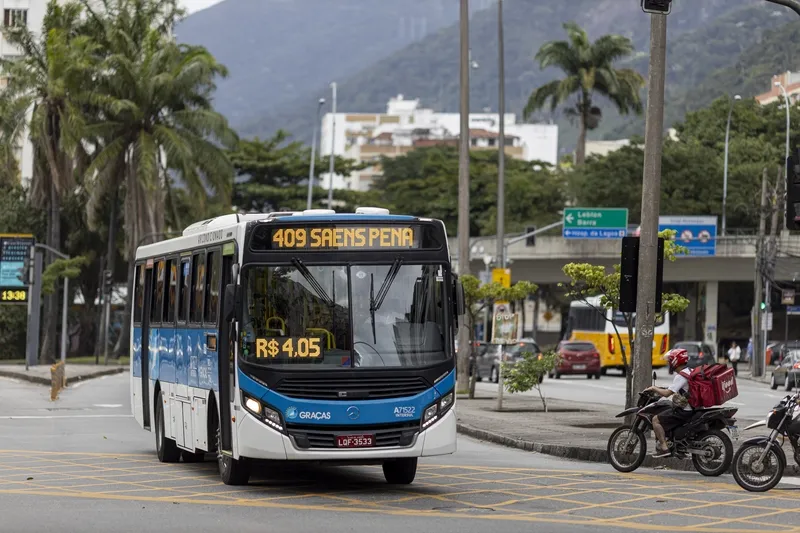
Ride-hailing platform InDrive has launched bus ticket sales on its app in Brazil as part of a continued expansion into new services.
Ride-hail remains the company's core product, but the new feature covers over 5,000 bus routes operated by more than 200 companies.
Riders can choose from a variety of bus types and seats; payment is via credit card, Apple Pay or Pix, the instant payment platform run by the South American country's central bank, Banco Central do Brasil.
InDrive says it means customers can purchase advance tickets, thus avoiding ticket office queues, and can select from a variety of bus types and seat choices.
Riders buying tickets through the app "will be charged significantly lower commission rates than the market average (at 0-3%, compared to ~15%) and won’t encounter any hidden costs at checkout".
“This latest feature aligns with our mission to improve people’s lives by providing fair and accessible solutions that prioritise freedom of choice," says Stefano Mazzaferro, Brazil country manager at inDrive.
"It also supports our broader transition into a multi-service platform, enabling us to diversify our sources of revenue while offering greater convenience to our users in a way that remains true to our values.”
Bus ticketing is the latest in InDrive's attempts to move beyond its core base, following inter-city transportation and delivery, and a financial service called InDrive.Money in territories including Mexico and Colombia, which offers loans and other consumer credit via the app.











